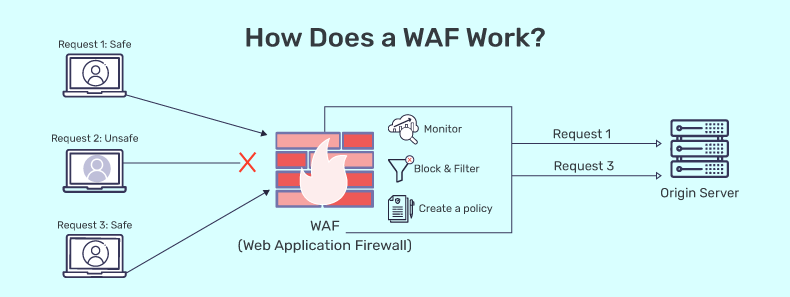
Top Web Security Practices Every Developer Should Know
- 0
As a developer, it is crucial to prioritize web security in order to protect sensitive data and prevent cyber attacks. By following best practices in web security, you can ensure that your websites are safe and secure from potential threats.
Use HTTPS Encryption
One of the most important web security practices is to use HTTPS encryption on your website. HTTPS encrypts data being transmitted between the user’s browser and your server, making it much harder for hackers to intercept and steal sensitive information. To implement HTTPS, you will need to obtain an SSL certificate and configure your server accordingly.
Keep Software Updated
Regularly updating your software is another key security practice. Software updates often include security patches that fix vulnerabilities that could be exploited by hackers. By keeping your software up to date, you can protect your website from potential security threats.
Implement Strong Authentication
Implementing strong authentication mechanisms, such as multi-factor authentication, can add an extra layer of security to your website. By requiring users to provide multiple forms of identification, such as a password and a one-time code sent to their phone, you can significantly reduce the risk of unauthorized access.
Sanitize Input Data
One common way that hackers exploit websites is through input data manipulation. By sanitizing input data, you can prevent malicious code injection attacks, such as SQL injection and cross-site scripting. Always validate and sanitize user input to ensure that your website is protected from these types of attacks.
Limit User Privileges
Limiting user privileges is another important security practice. By restricting the access rights of users to only the resources they need, you can minimize the potential damage that can be caused by a security breach. Implementing role-based access control can help ensure that users only have access to the information and functions necessary for their role.
Regular Security Audits
Regularly conducting security audits of your website can help you identify and address potential vulnerabilities before they are exploited by hackers. By performing penetration testing, code reviews, and vulnerability scanning, you can proactively identify and mitigate security risks.
Backup Your Data
Backing up your data regularly is essential for ensuring that you can recover from a security breach or data loss incident. By regularly backing up your website data to an offsite location, you can minimize the impact of a cyber attack and quickly restore your website to its previous state.
Stay Informed
Staying informed about the latest security trends and threats is crucial for keeping your website secure. By following security blogs, attending conferences, and participating in web security forums, you can stay up to date on best practices and emerging threats in the industry.
Conclusion
Web security is a critical aspect of web development that should not be overlooked. By following these top web security practices, you can ensure that your websites are secure from potential threats and protect your users’ sensitive data. Prioritize web security in your development process to build trust with your users and safeguard your online presence.

